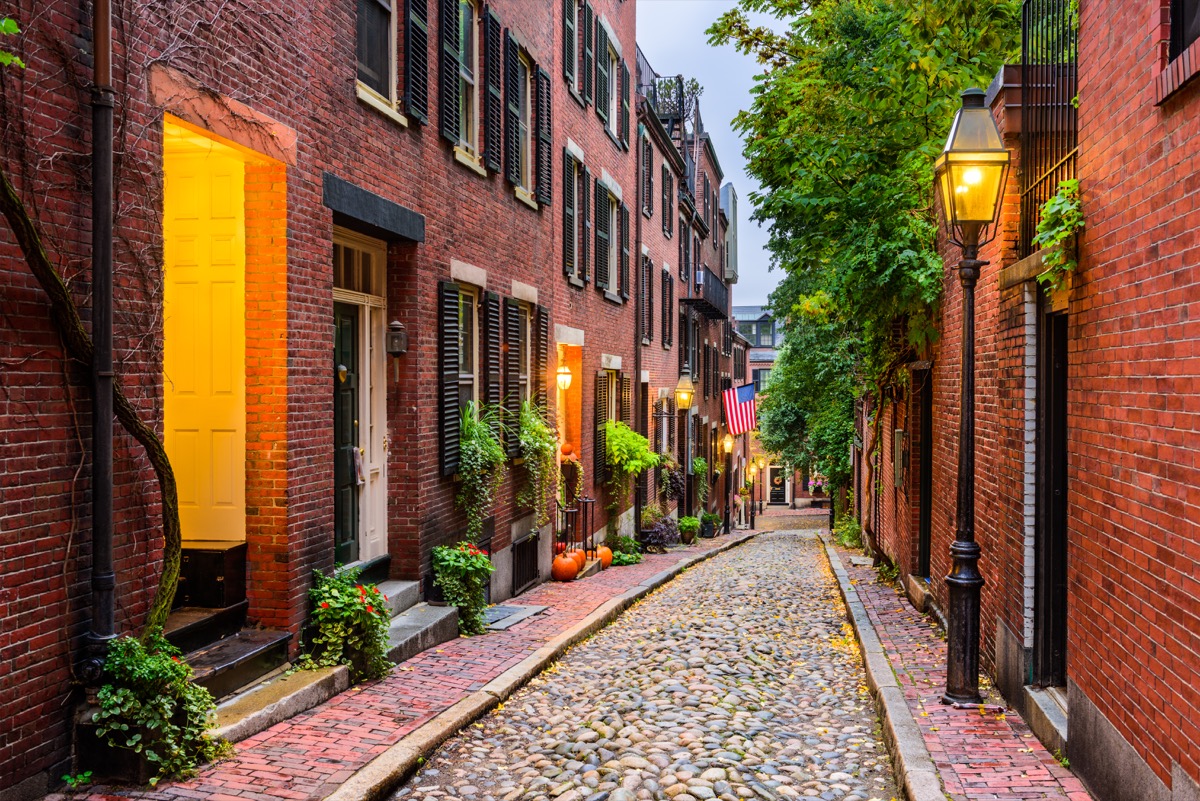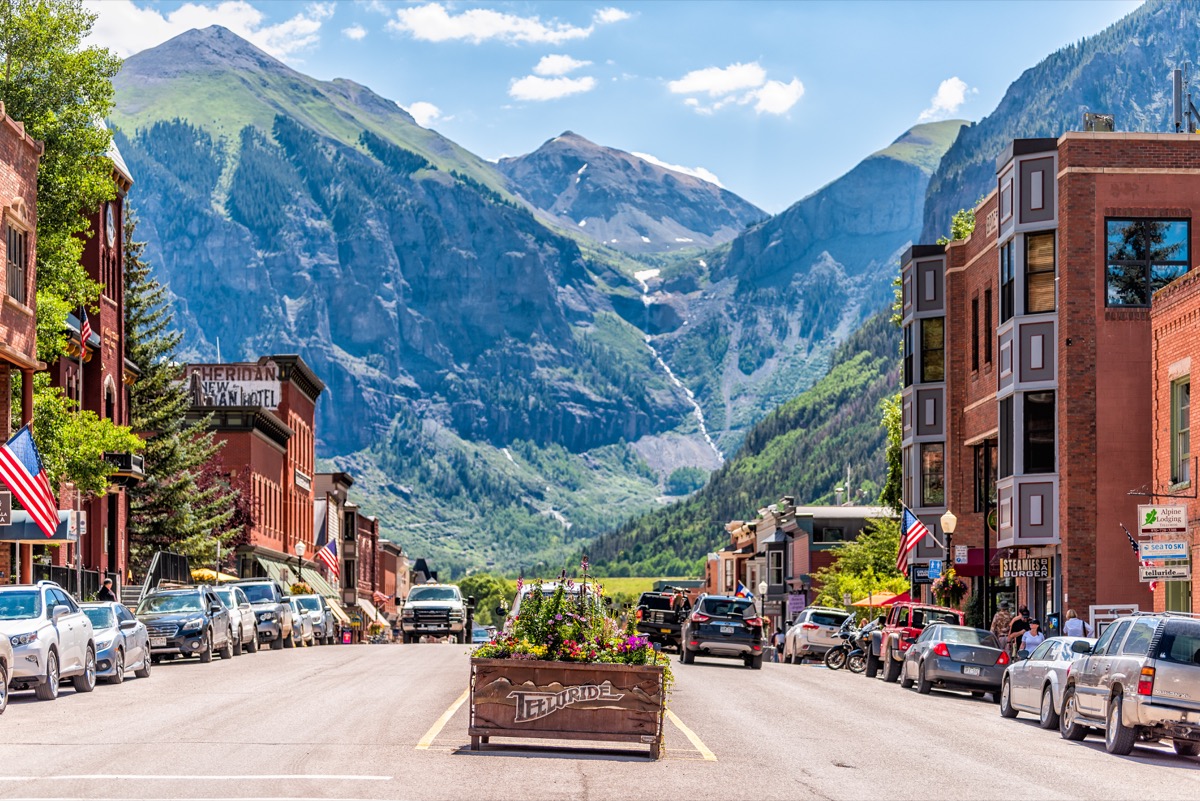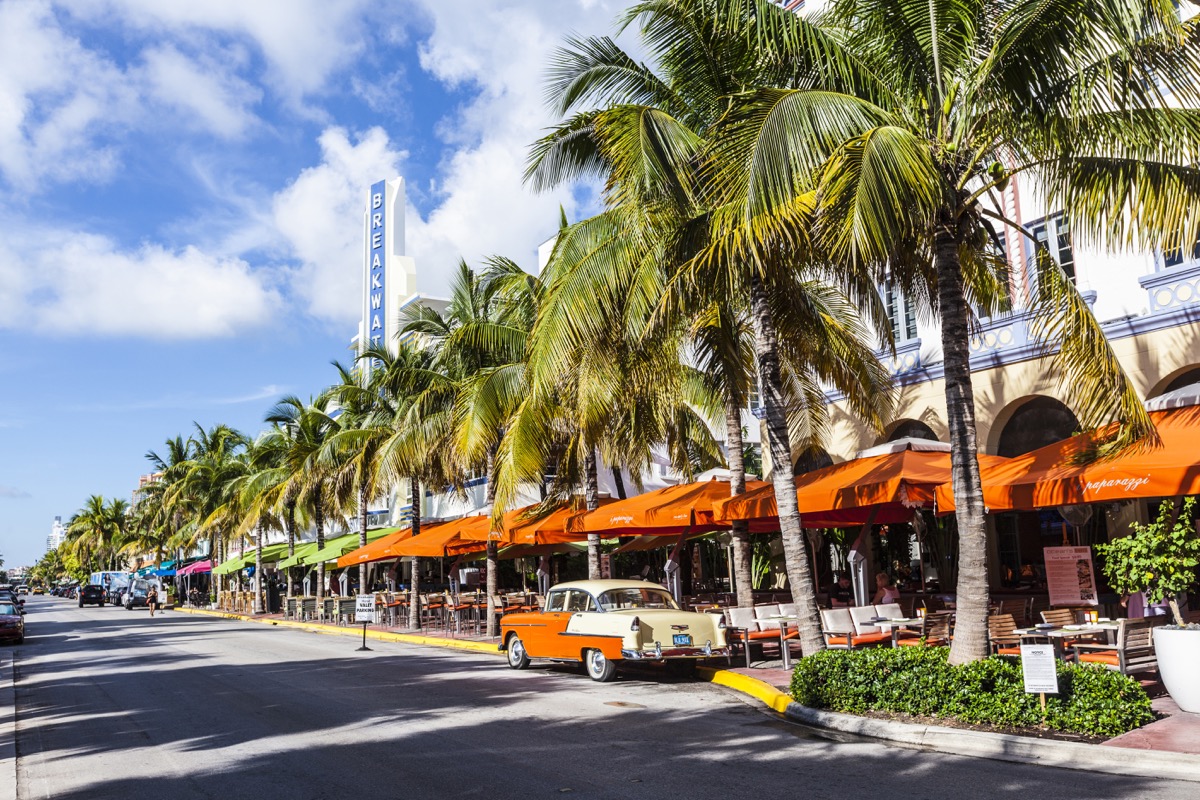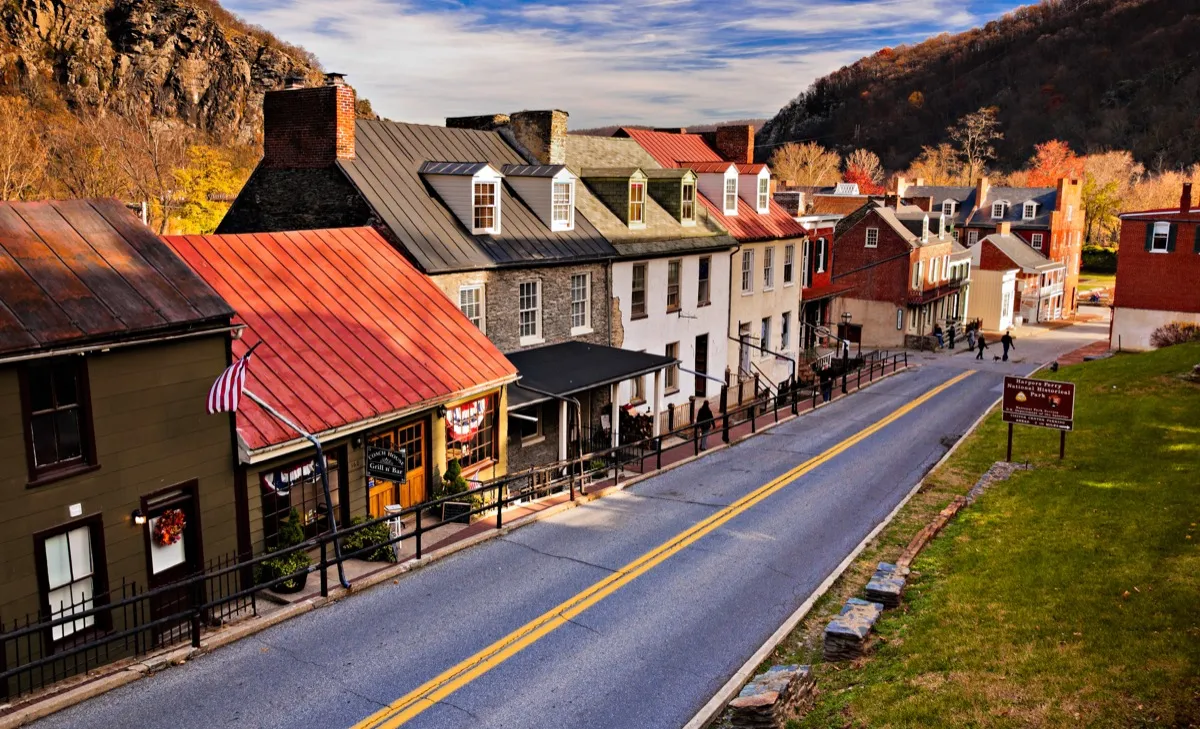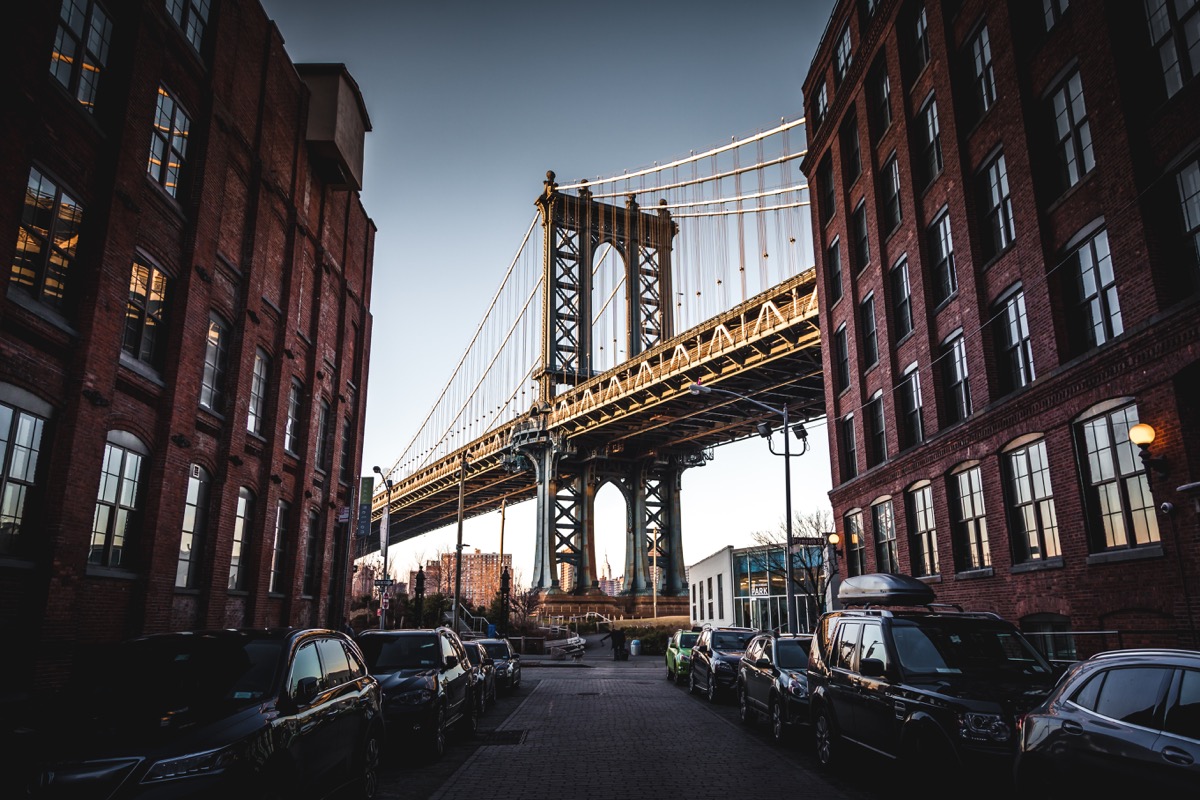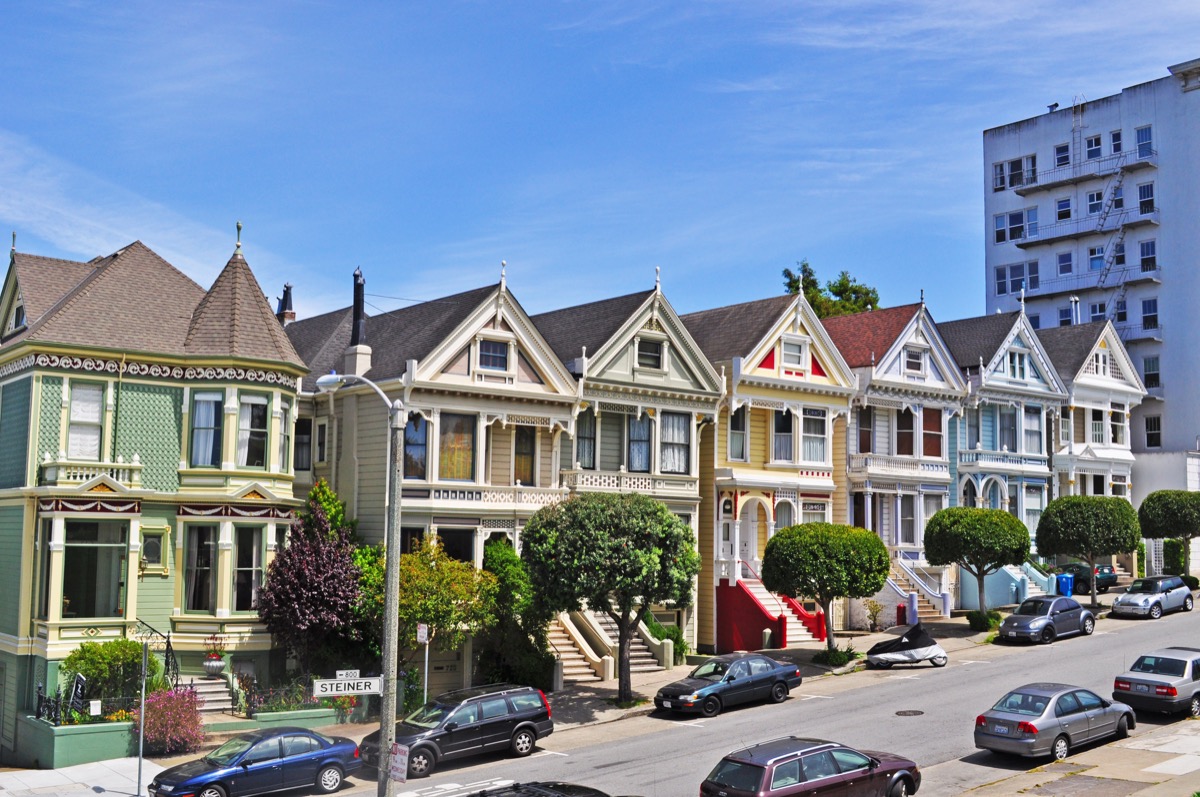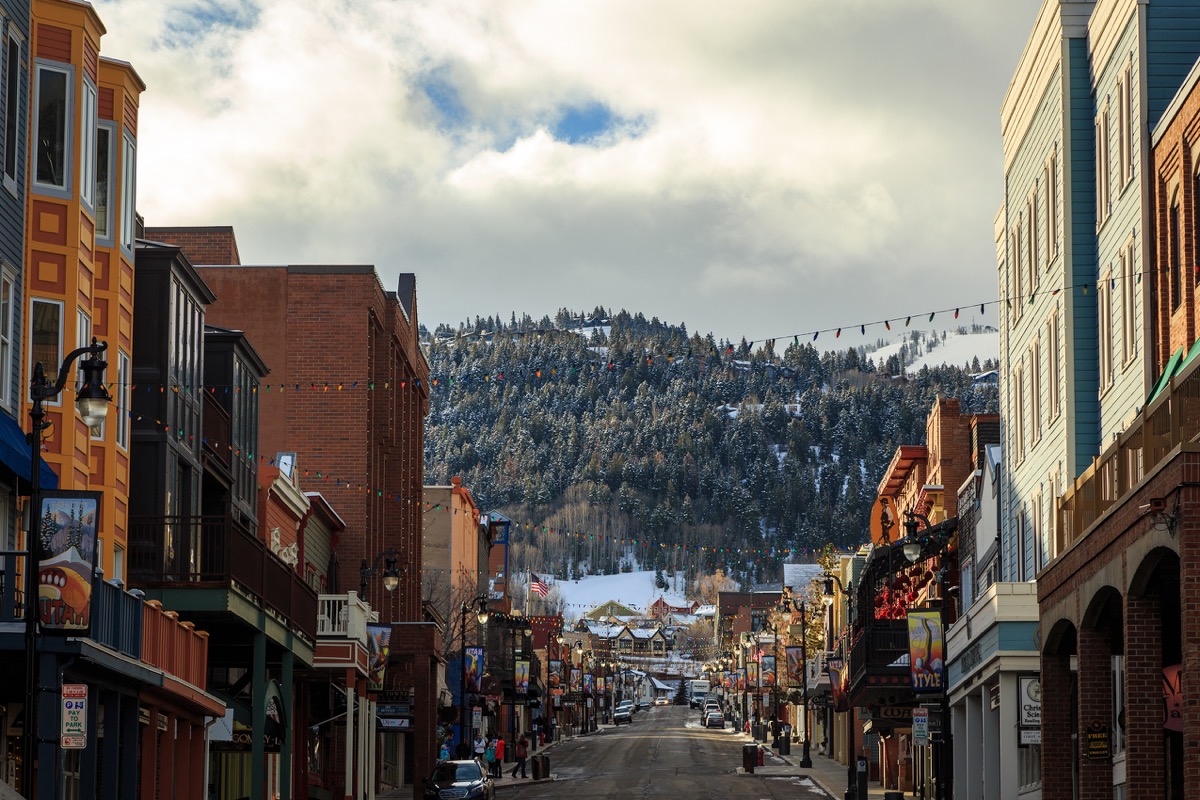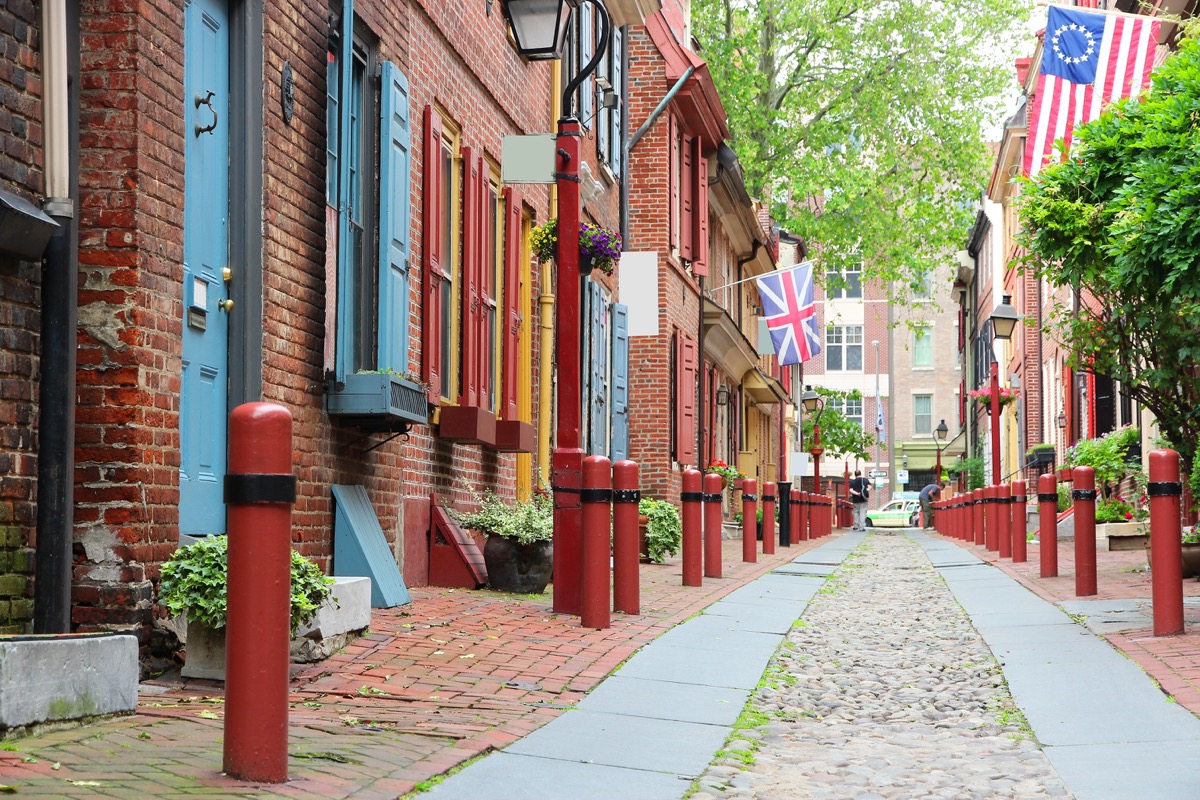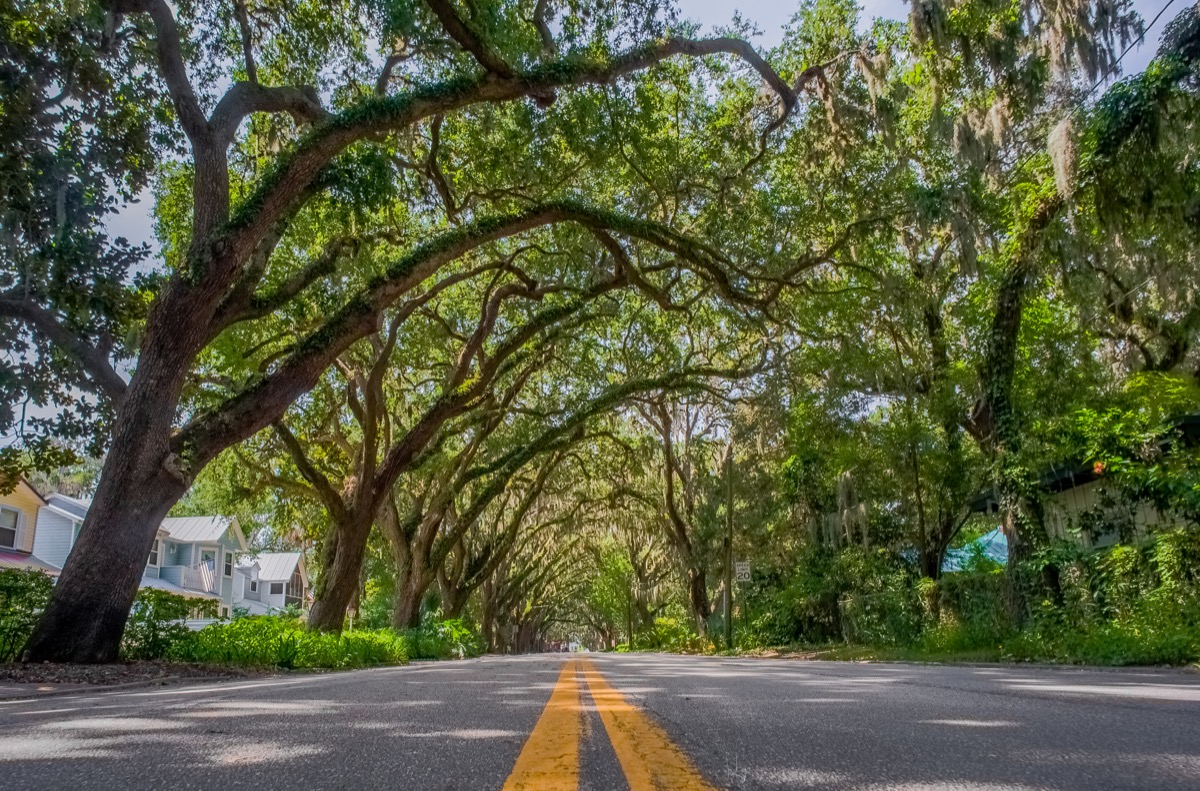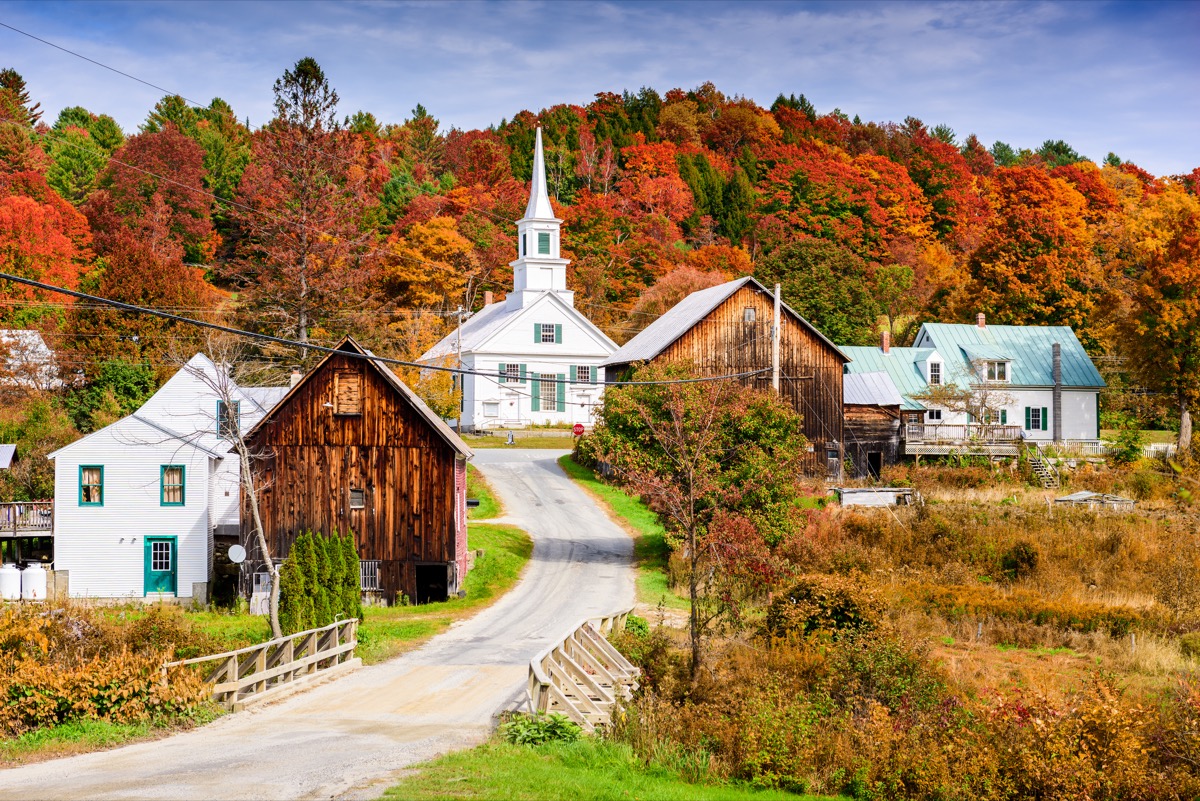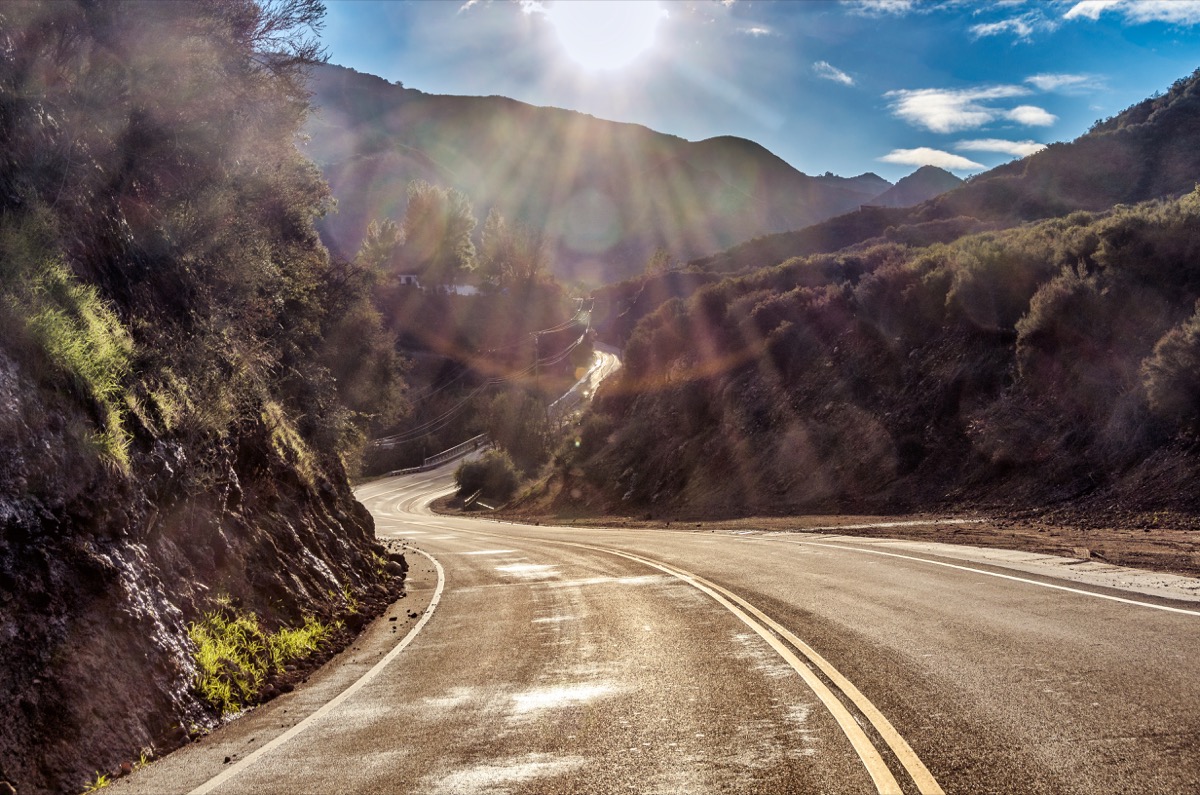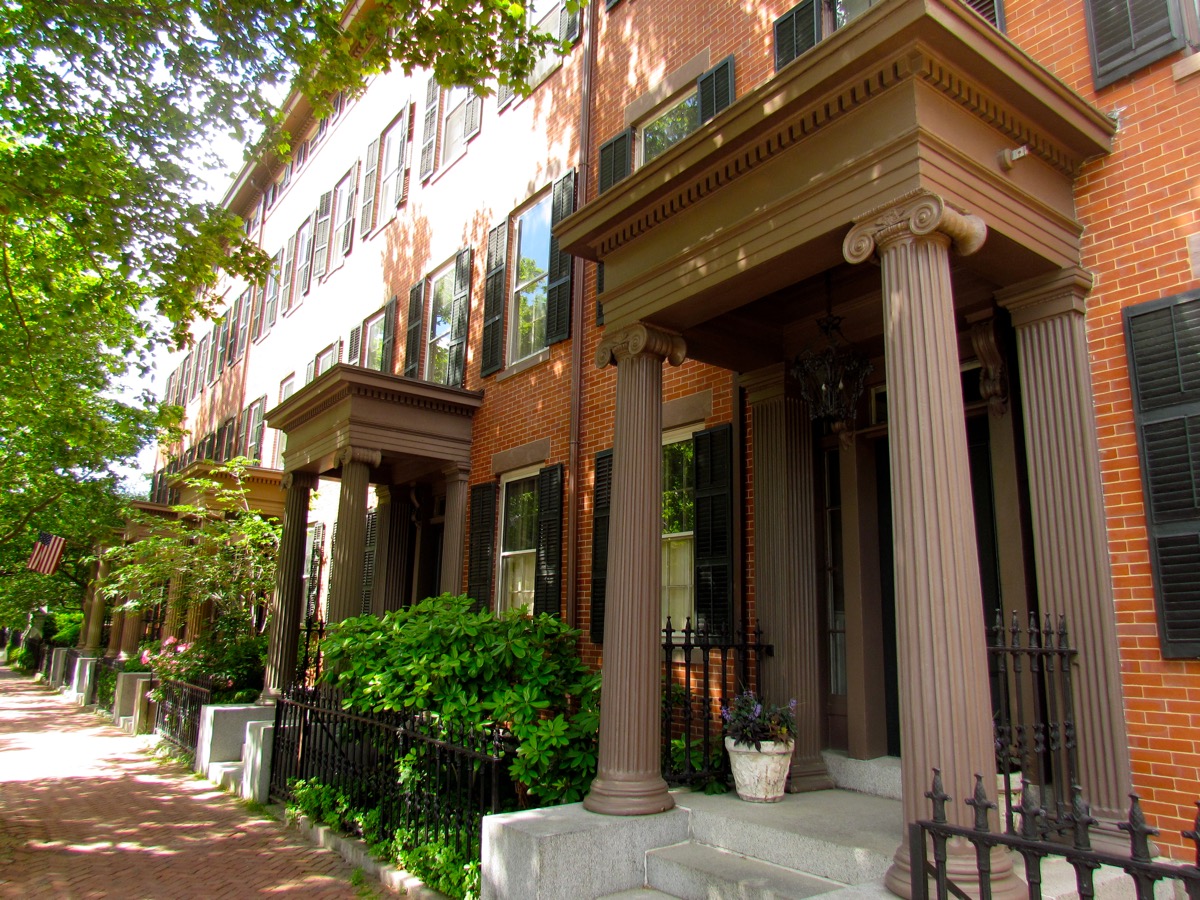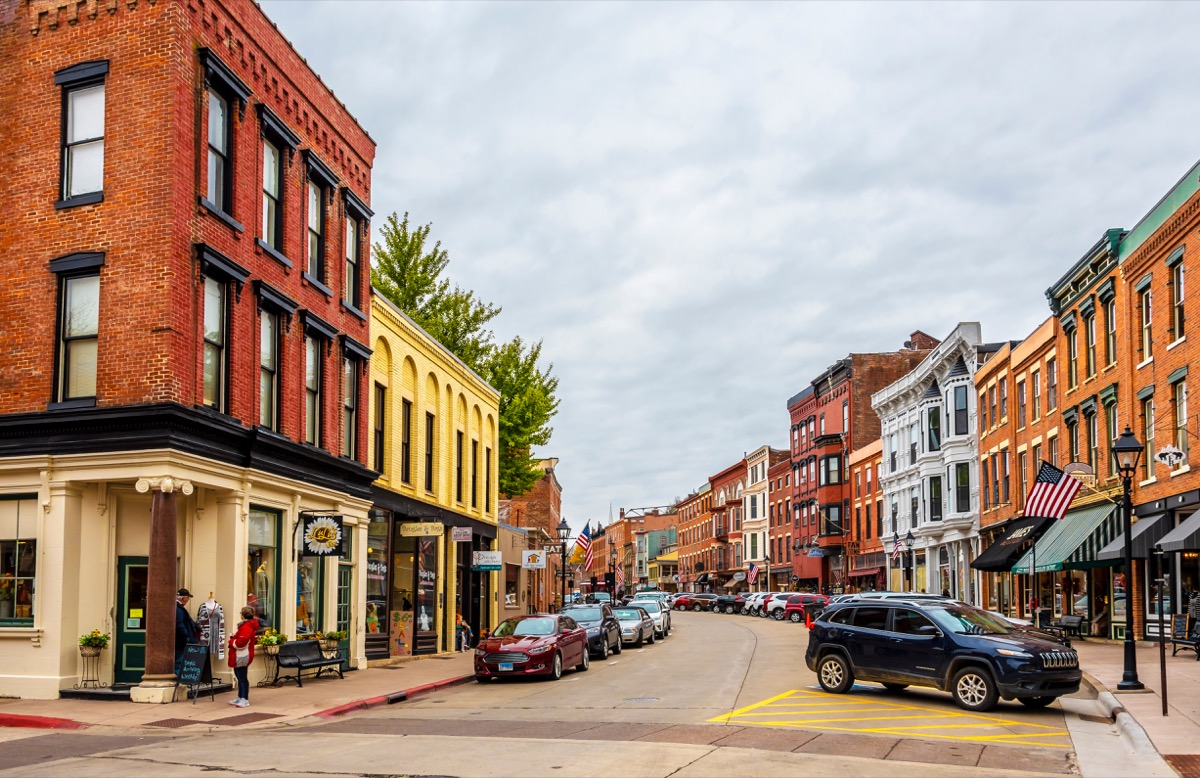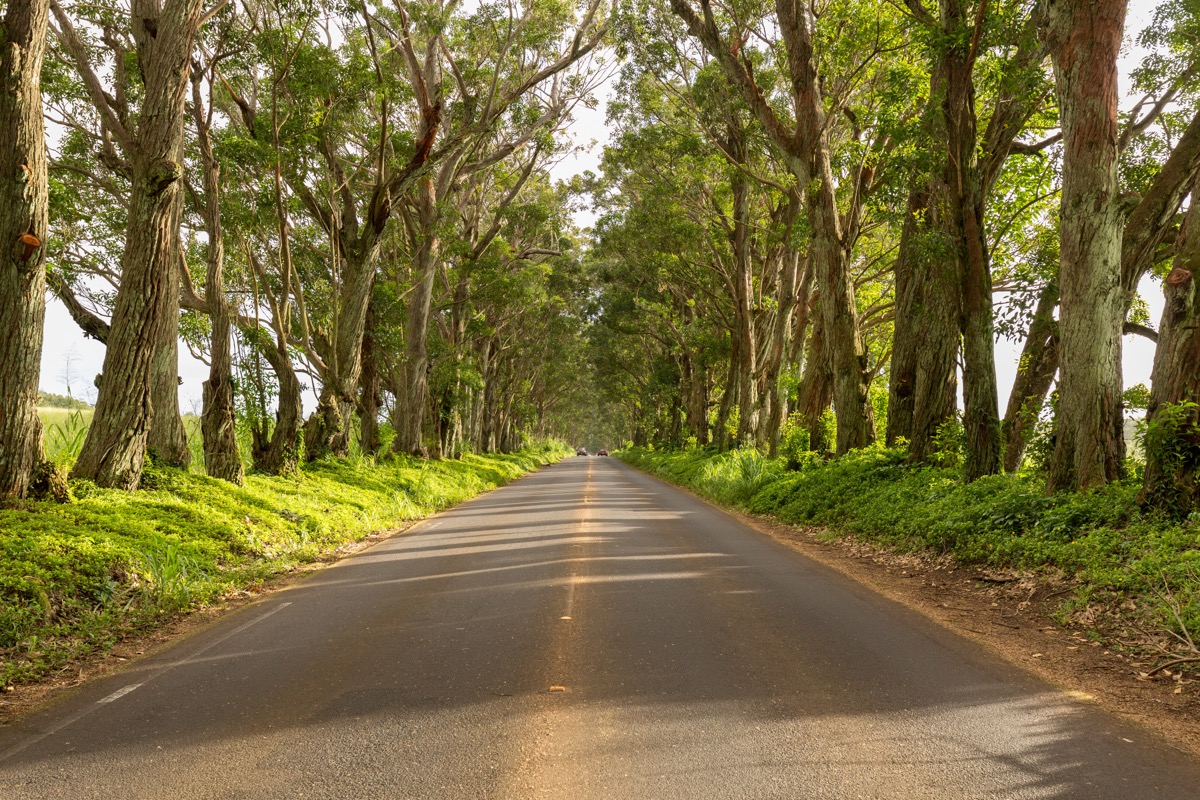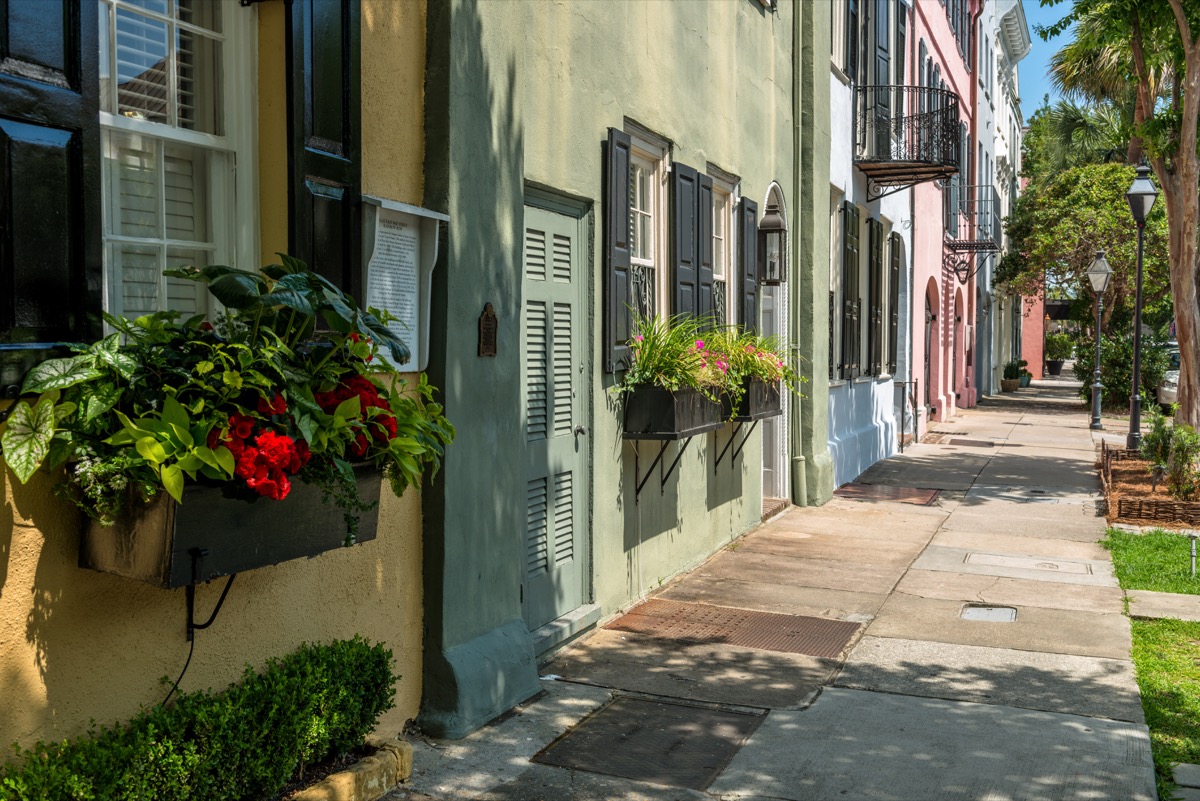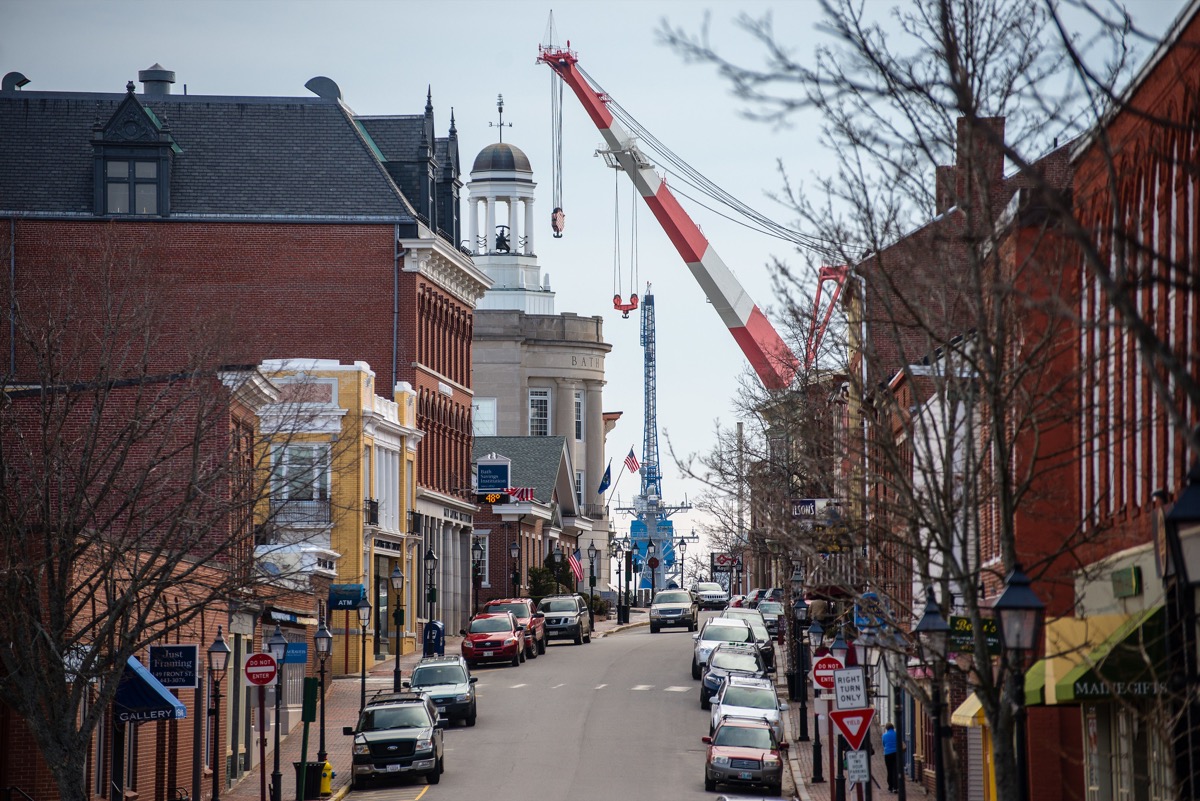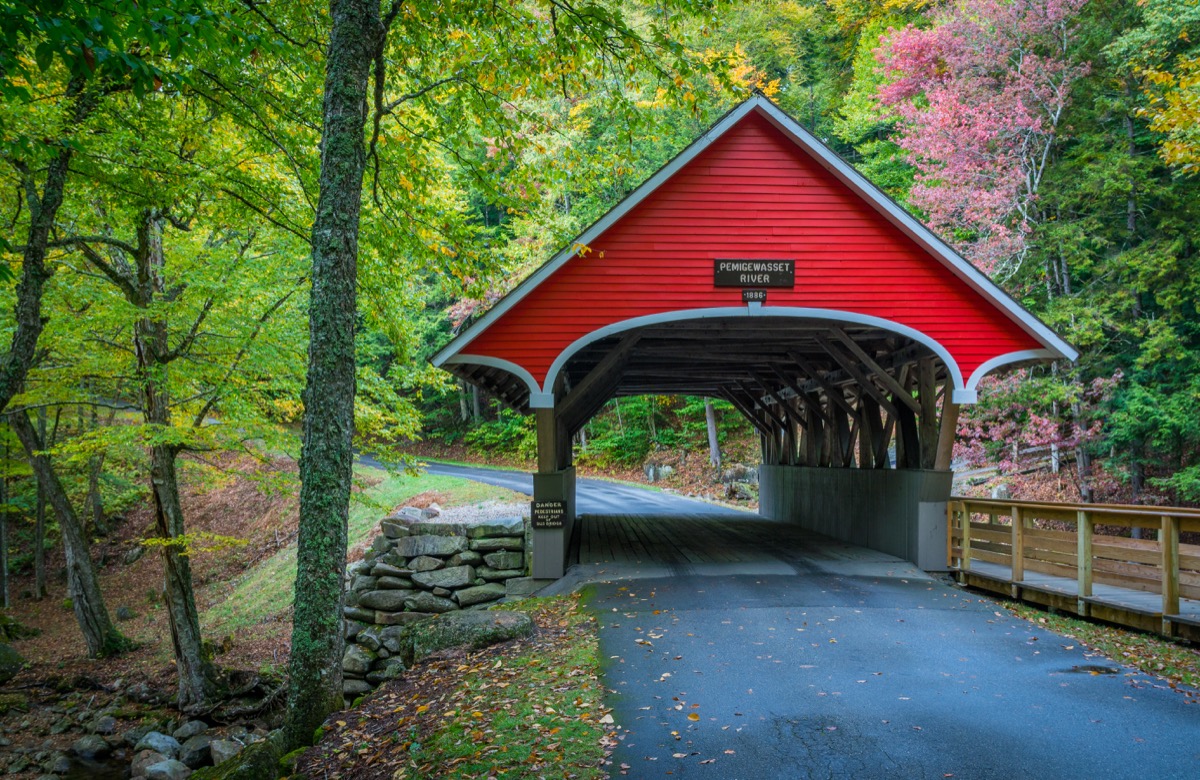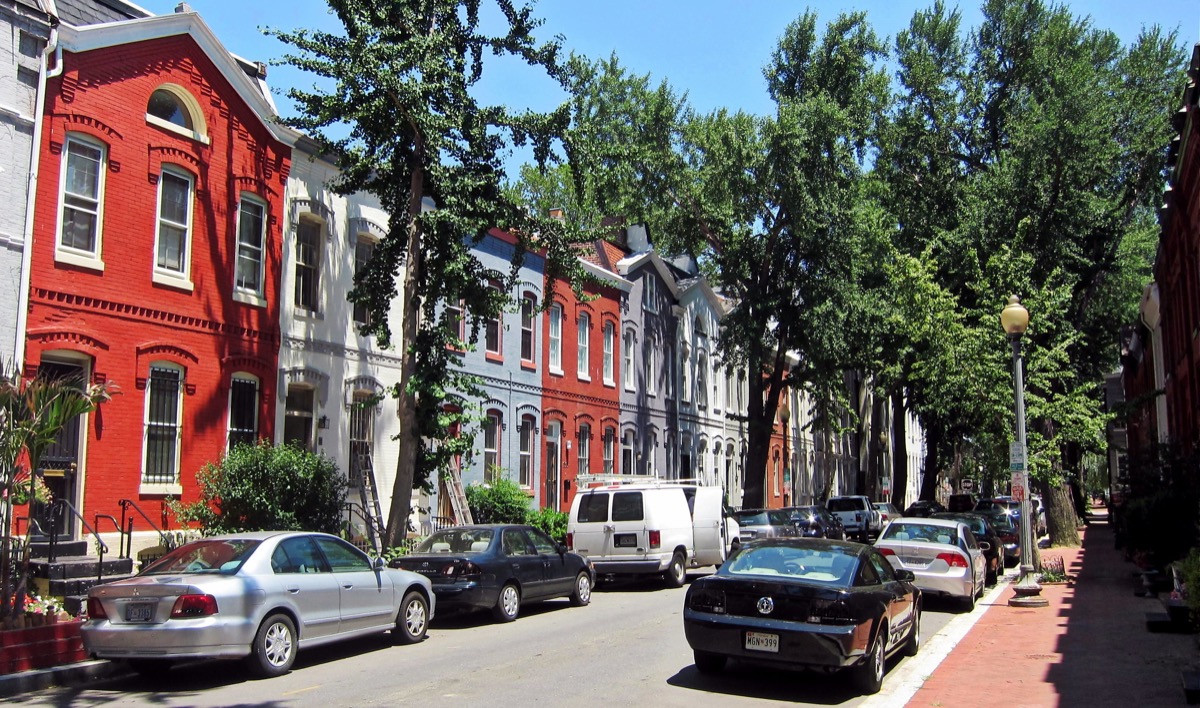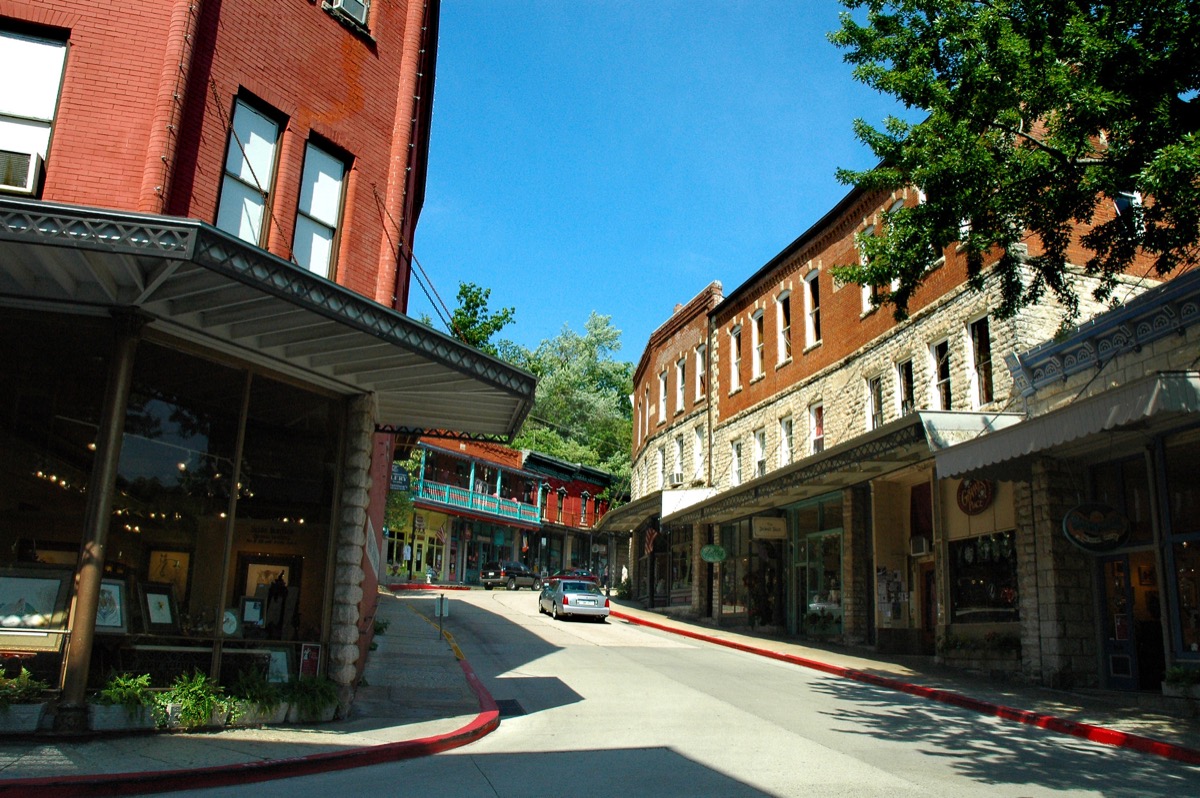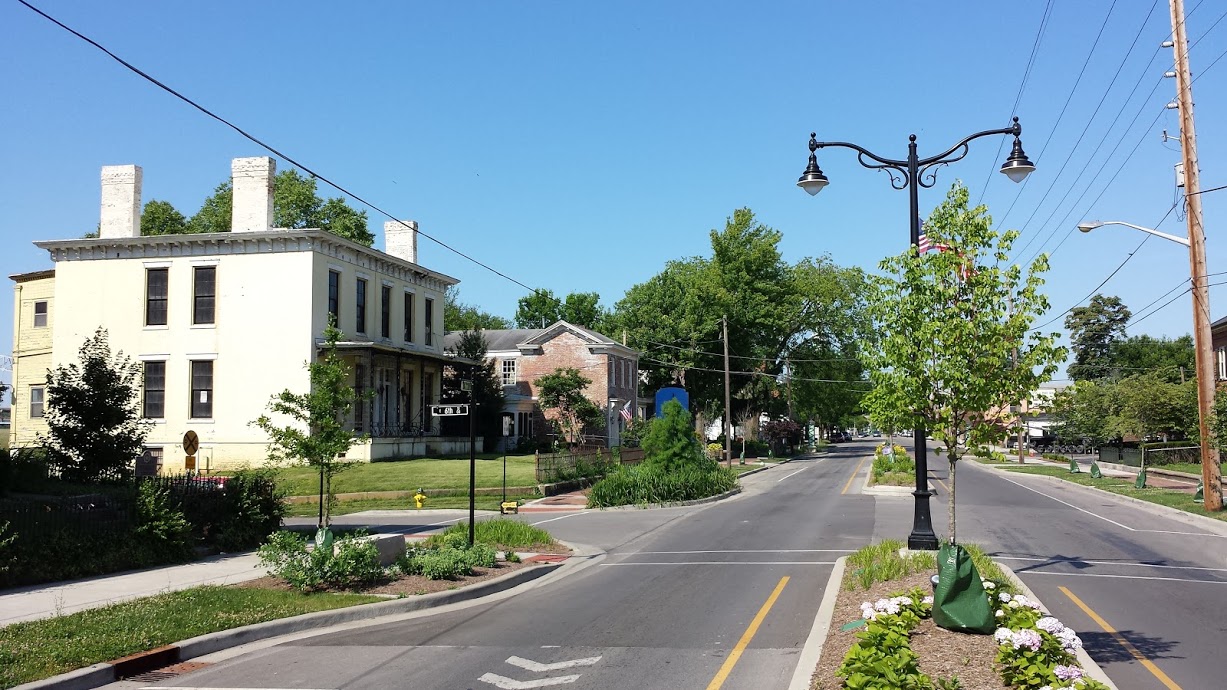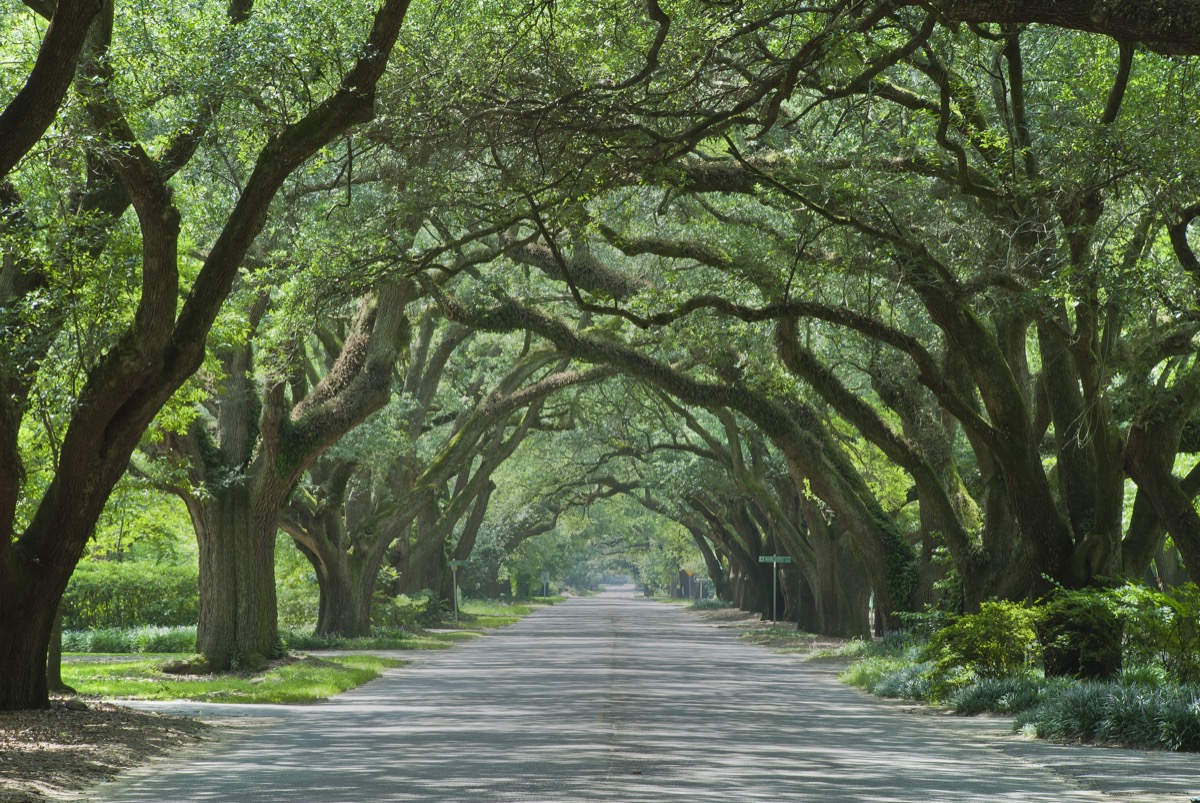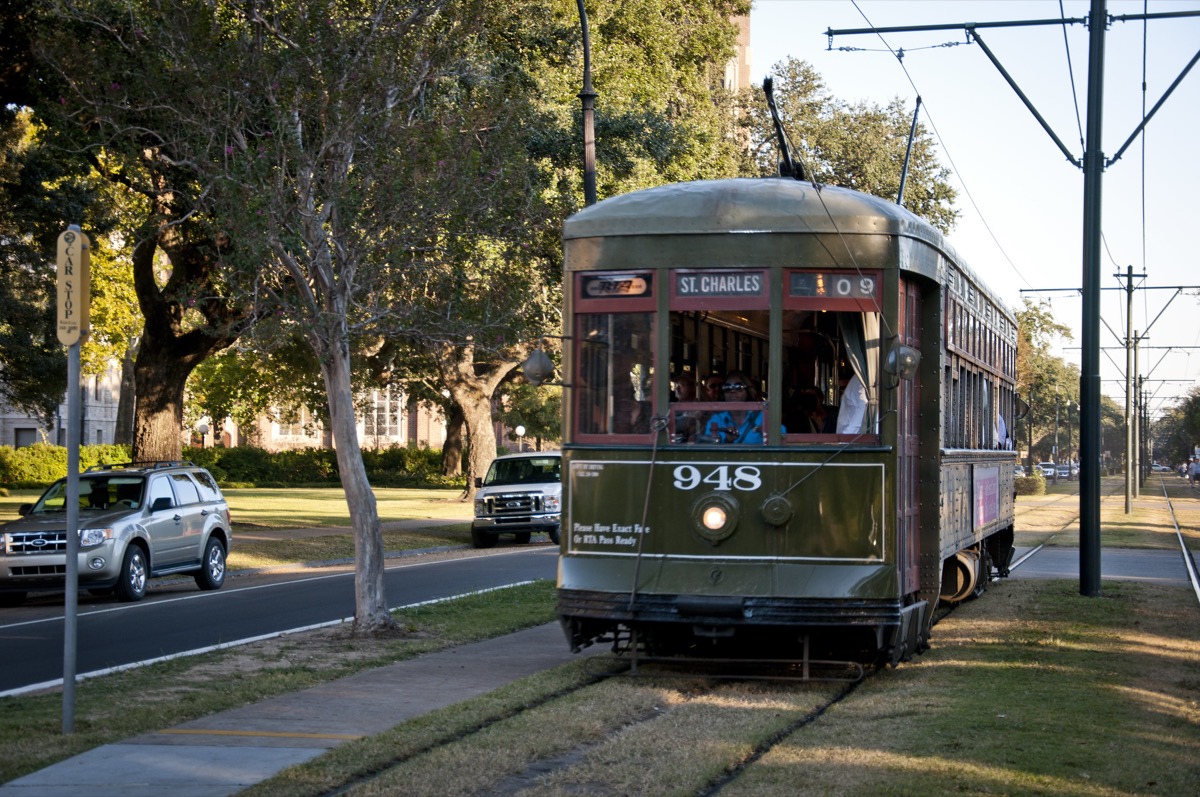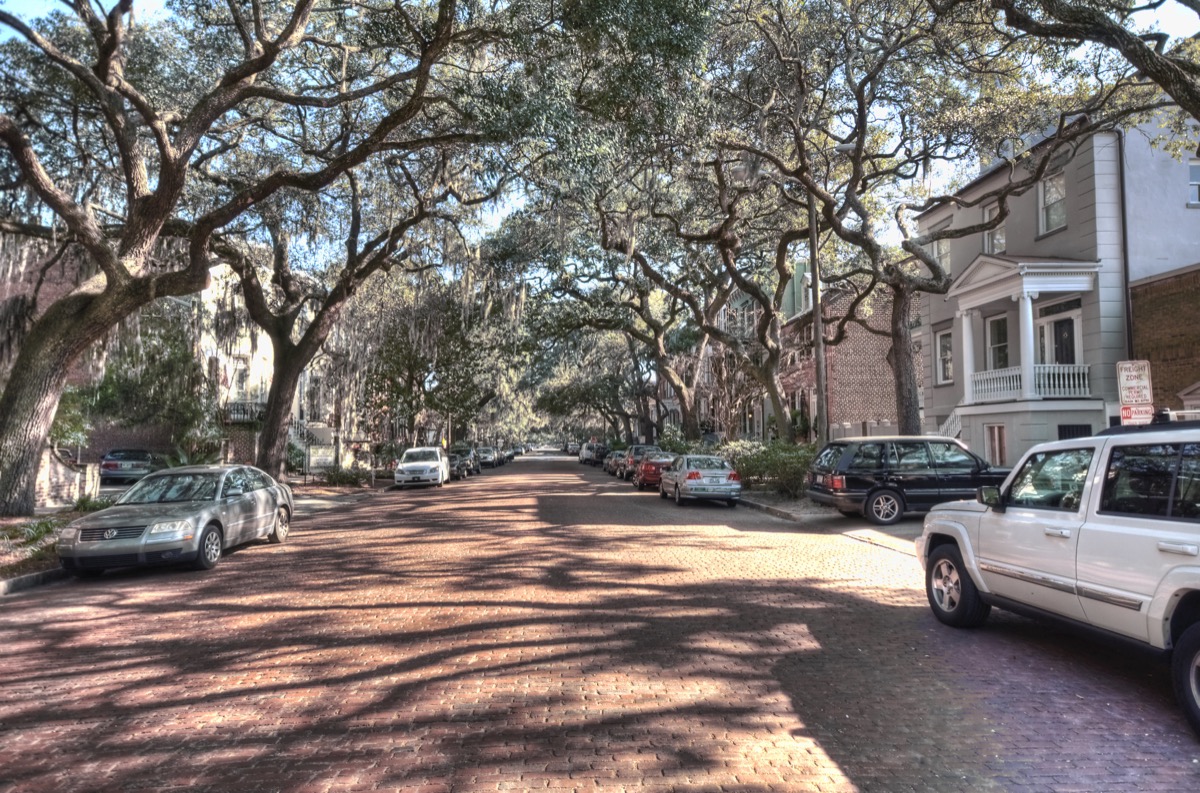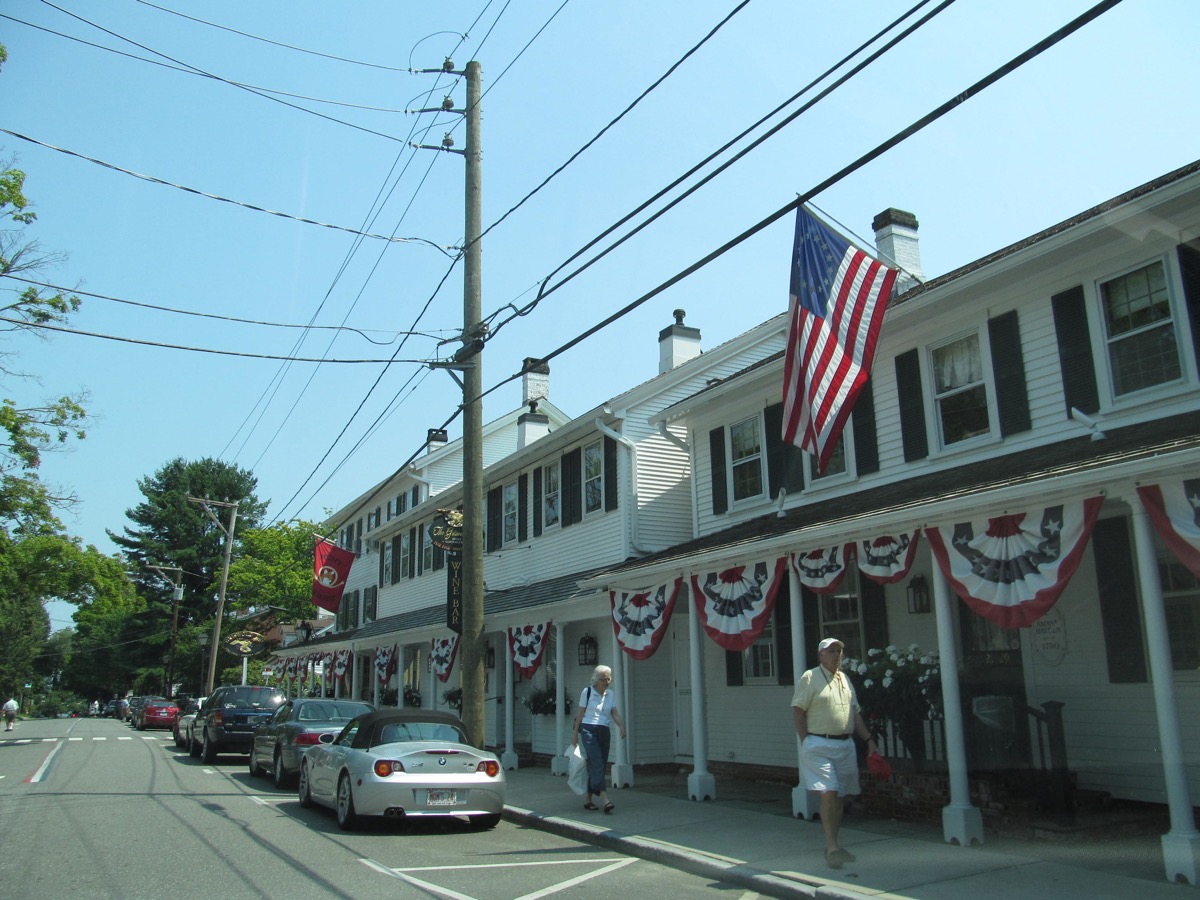If you’re interested in additional U.S. destinations, you can also check out the Top 5 Most Affordable Things to Do in Each State. Acorn Street is one of Boston’s most photographed sites, but you’ll need to go on something of a scavenger hunt to find it. Beacon Hill, a tony neighborhood just east of the Boston Common and the Boston Public Garden, is filled with brick lanes—each lined with gaslit lamps and Federal- and Colonial-style townhouses. You’ll know you’ve come across the right street, though, when you find a narrow, one-block stretch paved with original cobblestones. Telluride’s pleasant Main Street is unlike any other. The scenic 12-block stretch, which also goes by Colorado Avenue, sits at the bottom of a box canyon surrounded by the largest collection of 13,000- and 14,000-foot peaks in the U.S. While many of its landmarks have closed up shop, the street was once home to the town’s first jail and the San Miguel Valley Bank where Butch Cassidy pulled off his first heist. Pastel Art Deco hotels, restored 1950s cars, and towering, verdant palms line this iconic street. For maximum effect, cruise down Ocean Drive in a vintage convertible making pit stops at The Colony Hotel, The Tides, and The Carlyle for photos. Somehow, some way, Lombard Street packs eight hairpin turns into just a single steep block in San Francisco’s Russian Hill neighborhood. Is the “crookedest street in the world” an absolute nightmare to drive? Well… basically. But you can forego the car and take to the scenic street on foot. Harpers Ferry is recognized as a National Historical Park and on the city’s High Street, you’ll get a taste of why. The route, which runs just shy of the Shenandoah and Potomac river confluence, is dotted with taverns, inns, and sundry shops that still look like they’re straight out of the 1800s. When it comes to New York, one could fill a rolodex with every enchanting spot they encounter. Washington Street is one of the city’s most stunning sights, though. Located between Front and Water Streets in Dumbo, the cobblestone way affords up-close-and-personal views of the steel blue Manhattan Bridge and, if you look closely, the Art Deco Empire State Building. Venture to the Alamo Square neighborhood of San Francisco, and you’ll find one of the city’s most Instagrammed locations: the Painted Ladies. Also known as Postcard Row, the pastel cluster of Queen Anne Victorians—which you’ll recognize from the intro of Full House—stretch out between 710 and 720 Steiner Street. As the host of the Sundance Film Festival, Park City is all but contractually obligated to be magnificent. The mining town-come-ski destination delivers on this promise with a Main Street that’s not only full of indie boutiques, international restaurants, and modern-day saloons, but also flanked by Park City Mountain and Deer Valley Resorts. Long before the U.S. drafted its Declaration of Independence or ratified its constitution, Elfreth’s Alley operated as a cart path connecting merchants to Philly’s ports. Today, the nation’s oldest residential street is still home to 32 Federal and Georgian homes which were built between 1720 and 1830. Find St. Augustine’s Fountain of Youth (a 15-acre waterfront archeological park), and you’ll know you’ve landed on Magnolia Avenue. The half-mile stretch, which is just blocks away from the Matanzas River, is hidden under an awning of live oak and Spanish moss. A Google search of “Church Street, Peacham, Vermont” yields little results, so you’ll just have to trust us on this one. As far as quintessential New England villages go, Peacham—population 732—is the poster child. Drive down Church Street in fall, and you’ll find white steepled churches, red two-story barns, and clapboard homes set against a background of fiery foliage. Looking for places to stop by during your road trip? These Are the Best Road Trips in the Southwest. Driving through Los Angeles can be something of a nightmare, but on Mulholland Drive—a 21-mile stretch that hugs the eastern Santa Monica Mountains and the Hollywood Hills—traffic is the last thing you’ll be thinking of. The fabled two-lane route passes by exclusive celebrity estates and offers unparalleled views of the San Fernando Valley and the Los Angeles Basin. Benefit Street—Providence’s “Mile of History”—is known for its collection of Colonial- and Victorian-era architecture. Take a leisurely walk down College Hill street and you’ll pass by modest Federal-style homes, the Old State House, the John Brown House (the city’s first mansion), and the Providence Athenaeum, which is the fourth oldest library in the U.S.ae0fcc31ae342fd3a1346ebb1f342fcb Back in the 1800s, Galena put its name on the map as a booming mine town. Fast forward a few centuries to today, and “the town that time forgot” is still dotted with opulent mansions which once belonged to steamboat captains, secretaries of state, and Civil War generals. Get a taste of the city’s 19th-century aesthetic with a walk along Main Street where more than 125 mom-and-pop shops are tucked into beautifully preserved Federal-style buildings. Back in 1911, pineapple baron Walter McBryde gifted 500 eucalyptus trees to the island of Kauai. Today, those same trees have grown into a soaring canopy that stretches for nearly a mile along Highway 520. The Tunnel of Trees, as it’s called, enchants visitors journeying to Kauai’s South Shore. Charleston’s East Bay Street also goes by another slightly cutesier name—Rainbow Row. If you couldn’t guess why, the latter is thanks to its 13 brightly colored Georgian row homes (the longest cluster in the U.S.) which were built as far back as the Revolutionary War. Though time hasn’t always been kind to Bath’s Front Street, the city has painstakingly preserved its early maritime and architectural history. The “City of Ships’” six-block thoroughfare offers scenic views of Kennebec River; Italianate- and Romanesque Revival-style post offices and bank buildings; and the city’s iconic Bath Iron Works crane. A resort town in the heart of New Hampshire’s Mount Washington Valley, North Conway Village is surrounded by snowcapped White Mountain peaks. Park in front of the Conway Scenic Railroad to explore Main Street on foot, and you’ll find an old-timey general store, a five and dime, various ski rental shops, and a coffee shop turned fine art gallery. Swann Street is often hailed as one of D.C.’s most romantic roads. The street, which runs for five blocks between 14th and 19th streets in the Dupont and Logan Circle neighborhoods, is well-loved for its vibrant row houses and lush greenery. The entire city of Eureka Springs is listed on the National Register of Historic Places, so it should come as no surprise that the area’s Victorian architecture has been kept in pristine shape. Take to Main Street via foot or car (you won’t find a single traffic light in town) to admire the cute shops, turn-of-the-century inns, and Ozark Mountain views. Around the time of the American Civil War, New Albany was Indiana’s biggest city. As such, politicians, doctors, and businessmen began building their Federal, Victorian, Italianate, Greek Revival, and Gothic Revival mansions on and around the town’s Main Street. Walk the Mansion Row Historic District today and get lost in the grandeur. South Boundary Road, or the Avenue of Oaks, is one of Aiken’s most beguiling sites. There, the branches of more than 500 live oak trees crisscross to create a stately canopy which remains green year-round. Before it was paved, visitors traversed the street via horse and buggy, but nowadays, you can drive it. Just make sure you slow down in order to take it all in. St. Charles Avenue is a main thoroughfare that runs more than five miles through New Orleans. Although you can ride the avenue’s eponymous streetcar to explore it all—it’s the oldest continuously operating streetcar in the world—pay special attention to the Garden District section where the oak-lined avenue runs parallel to sprawling antebellum estates. With mid-19th-century Greek Revival homes tucked under a canopy of moss-draped live oak, Savannah’s Jones Street is downright spellbinding. The wide road runs between Bull and Drayton streets near the center of the Historic District, so you can check out nearby Monterey, Madison, and Chippewa squares while you’re at it. Essex Village is a real treat for those in search of small-town charm. The quaint Connecticut village is surrounded on three sides by water and on Main Street, Colonial- and Federal-era homes sit side by side with inns that have been operating since the state was just a colony. If you’re looking for more natural sites in the country, check out the 100 Destinations So Magical You Won’t Believe They’re in the U.S.
